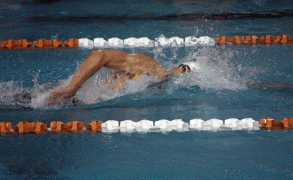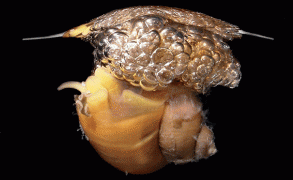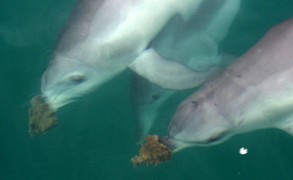
Australian dolphins form a subculture
Bottlenose dolphins display the first evidence of animal grouping based on mutual interests.
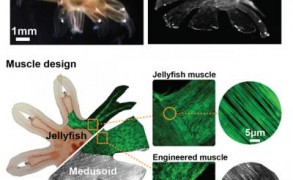
Bioengineers developed an artificial jellyfish
Medusoid is the brainchild of professor Kevin Kit Parker and a team of researchers at the California Institute of Technology and Harvard University. Using silicone and muscle cells taken from a rat’s heart,…
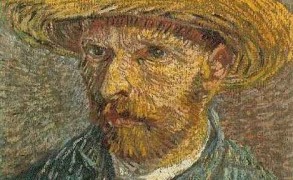
Van Gogh could have painted this
Why is the corona hotter than the surface beneath it? Vincent van Gogh’s painting techniques may hold the answer.
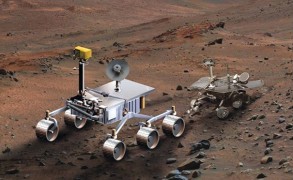
Dreaming of Mars, part 2
When the Mariner 9 space probe entered into its orbit around Mars in November 1971, it was met with cheers from the control centre in California, in the US. The probe had been…
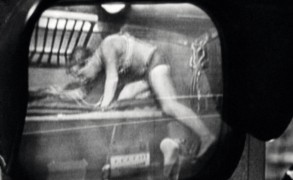
Dreaming of Mars, part 1
Since the 1960s, humans have been tested in preparation for a journey to Mars. Subjects have been crammed into sealed steel containers of only a few square metres, with minimal water, food and…

Land of science and discovery
Antarctica seems so unwelcoming that it has awakened the imagination of scientists and adventurers. One hundred years ago, it was almost impossible to live there, but today the endless ice deserts of the…
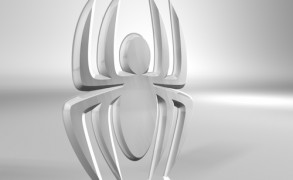
The science behind Spiderman
The blockbuster The Amazing Spiderman has plenty of physics and quantitative biology references. To get things right, the filmmakers consulted with James Kakalios, a physics lecturer at the University of Minnesota who wrote the book…
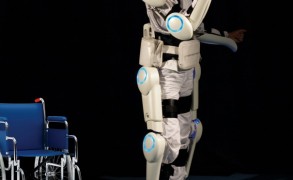
Back on their feet
Robotic limbs may provide mobility to paraplegics or augment the strength and endurance of nurses, firefighters and soldiers. Science writer Henrik Bendix explores some of the exoskeleton options that are being developed. Additional…

